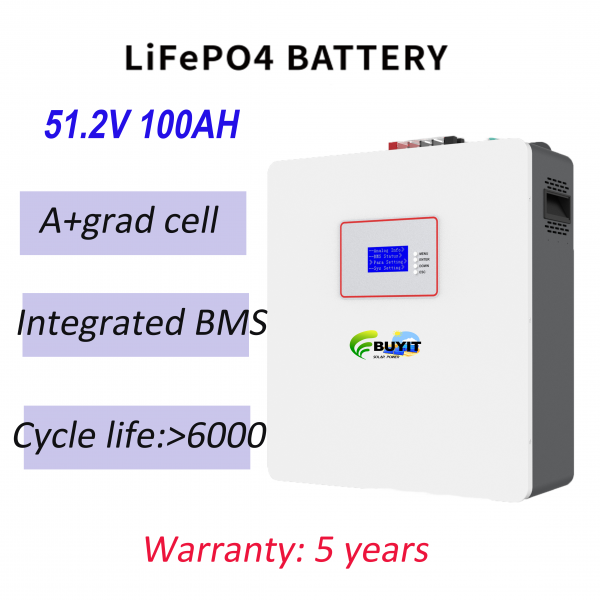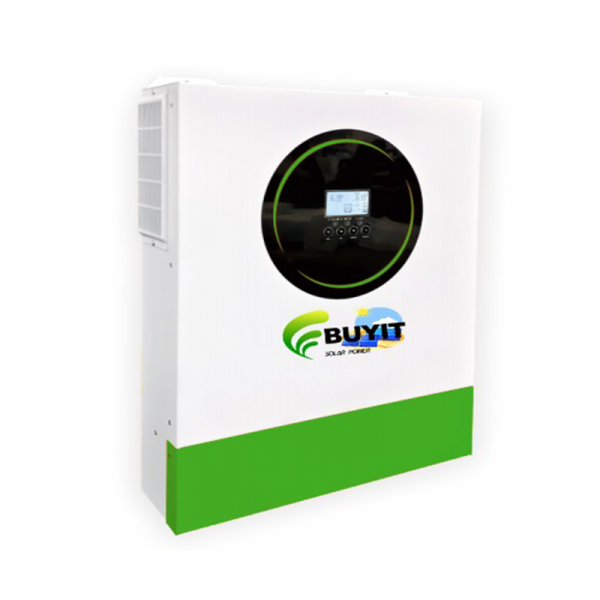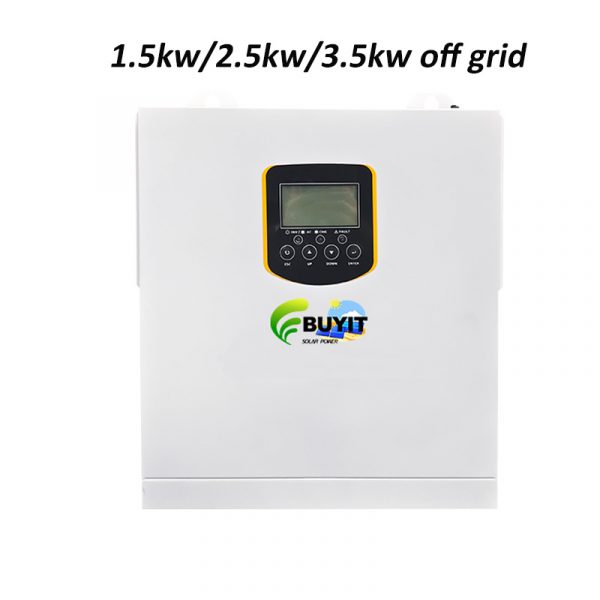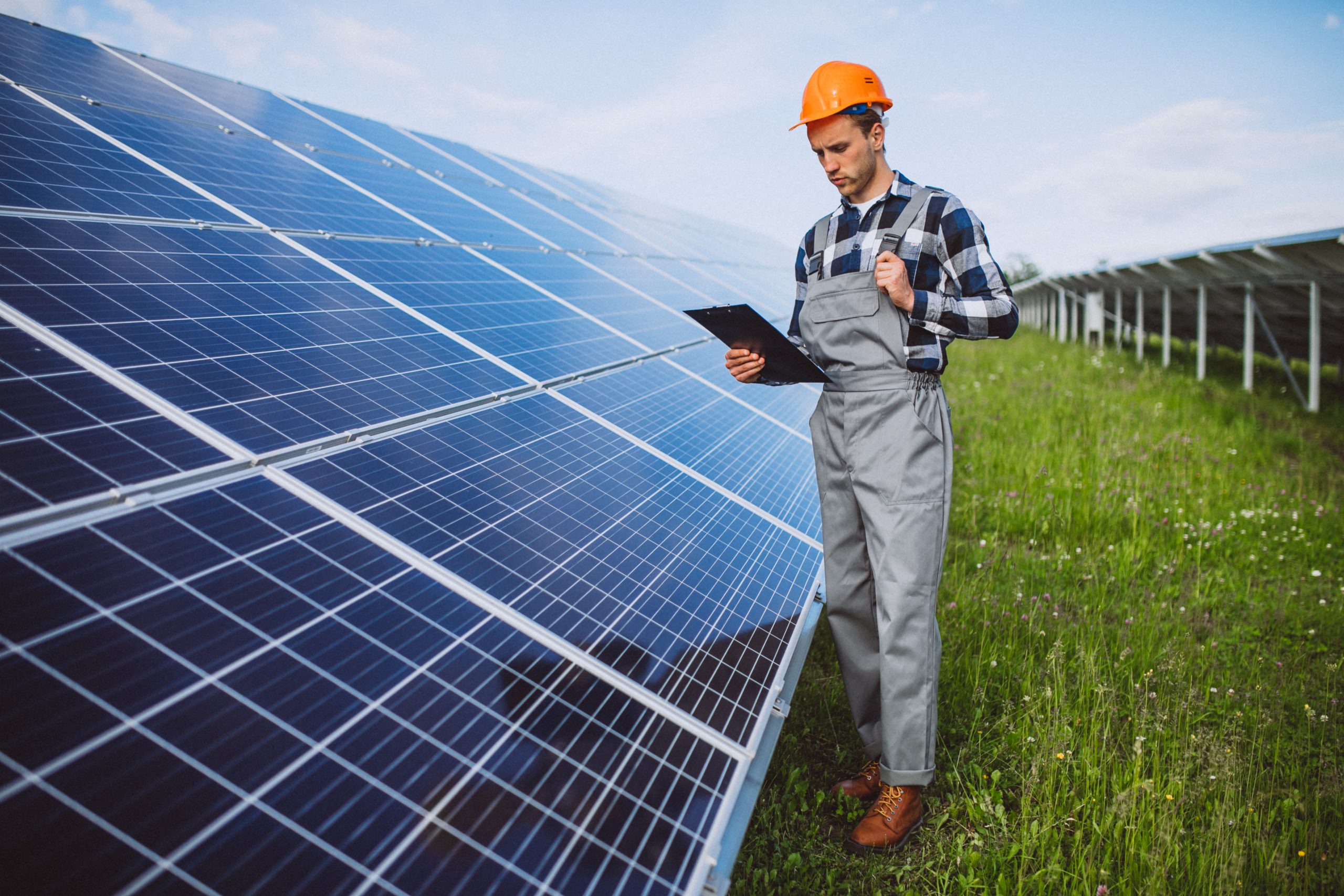
Four Basic Questions to Ask When Installing a Home Energy Storage System
Residential solar-plus-storage projects are becoming more common as energy costs continue to rise and extreme weather causes more outages. A recent study found that the global residential solar market size will grow by 40% by 2022.
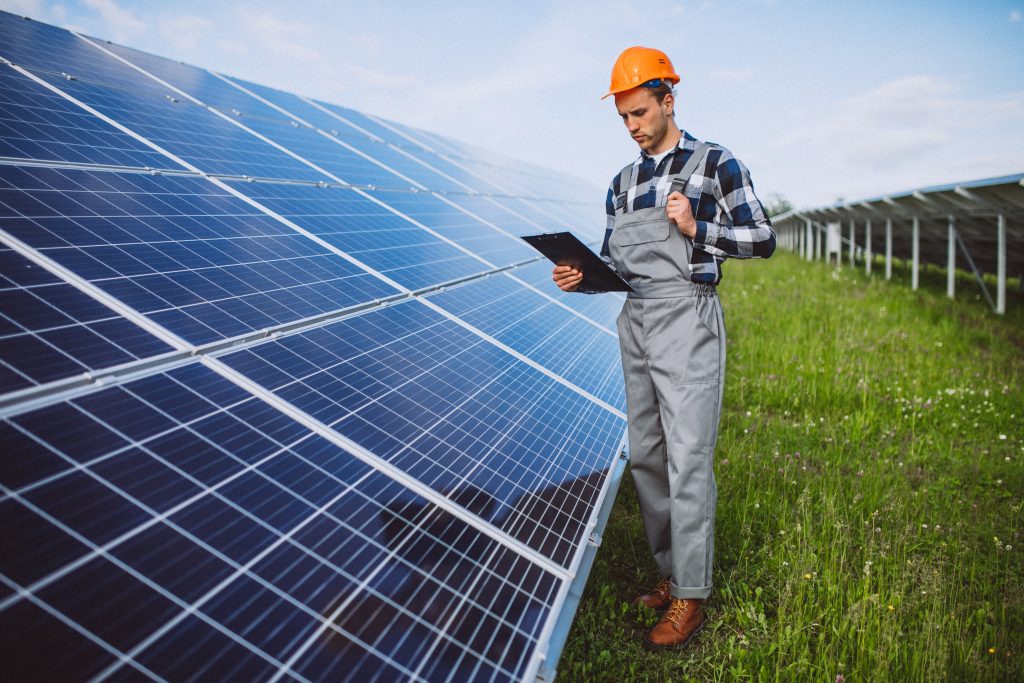
But there is one basic rule that must be followed in building and operating a solar power facility. There must be plenty of sunlight. In order to take full advantage of clean and economical solar energy, residential users need to deploy energy storage systems to store their excess electricity.
Installers of solar power facilities are well aware that residential battery energy storage systems are critical to the success of their customers with solar power facilities. However, the concept of energy storage is still relatively new to many residential users, and they have a lot of questions to ask their installers.
“There are a lot of storage options out there,” said Khaled Elsheref, president of Irvine, Calif.-based Altair Solar, acknowledging that there is some confusion among residential customers. He continued: “Some users believe that because they already have a residential solar system installed, it will automatically provide power in the event of a power outage. Knowing what each system can and cannot do will help them make the right decision. Pick something that suits their needs.”
Here’s how to answer some frequently asked questions so developers can boost solar and storage adoption and grow their customer base.
(1) Why should residential battery energy storage systems be added to solar power generation facilities?
Simply put, a residential battery storage system allows a homeowner to use electricity generated by a solar power facility when needed, even when the sun is low. It is important to explain to homeowners that battery storage optimizes their investment in solar and makes it possible to use renewable electricity almost anytime.
David Lopez, National Sales Manager for Panasonic’s Ecosystem Solar and Energy Storage Business, said: “To some extent, every residential solar power facility needs to be equipped with battery energy storage systems to meet consumer demand. In addition to meeting daily applications, it can also Dealing with power outages. Therefore, battery energy storage systems are an important protection measure that can guarantee the emergency needs of the home in the event of a power outage.”
(2) How to store electricity from solar power generation facilities?
Solar developers can explain to customers that solar plants use lithium-ion batteries to store energy, like an electric car battery, for hours at a time, depending on how much load there is.
The number of energy storage systems has grown exponentially over the years, and residential customers can now control battery storage systems and solar power installations through an app, such as Panasonic’s EVERVOLT residential battery storage system. This includes the optional EVERVOLT SmartBox, which can seamlessly switch from solar to battery storage.
“Most battery storage systems are user-friendly and can be easily programmed by home users through a mobile app that is simple to learn and use,” Elsheref said.
(3) How does the battery energy storage system help home users save energy?
When electricity from the grid is most expensive, households can use the energy stored in the battery energy storage system. States such as California and Michigan already have time-of-use tariffs, which make electricity more expensive during peak demand hours in the late afternoon and early evening, and those policies may expand to other states.
Solar developers therefore need to explain to homeowners that during this time, they can save on their electricity bills by using electricity from batteries rather than drawing power from the grid during peak periods. For example, in some parts of California, electricity prices nearly double during peak periods, so the savings on electricity bills can be substantial.
(4) How can a residential battery storage system help during a power outage?
The extreme heat wave of 2023 shows that the grid is under increasing pressure, but also shows the importance of maintaining power. The energy stored in a battery energy storage system can provide a vital supply during a power outage.
For example, BUYIT’s SmartBox battery energy storage system has six smart circuit breakers, so homeowners can designate up to six loads or appliances to keep running during a power outage. The ability to prioritize which loads need to be powered even when the battery is dead is called load management.
“Homeowners will get frustrated if they think the battery storage system will provide enough power and then during an outage there is not enough power to meet all the loads they use,” Lopez said. Homeowners can choose the loads that are most important to them and extend battery life, maintain the power they need, and get a better customer experience.”
The Future of Residential Energy Storage
From providing power during outages to saving money during peak supply times, residential energy storage systems provide key benefits to home users. These will only become more important. For example, as more and more people buy electric vehicles, there is a need for a continuous supply of energy during off-peak periods, and the energy stored in a battery energy storage system will meet this demand at all times.
“This is the future of residential energy storage,” Lopez said. “As prices come down, energy storage will play an important role in improving the comfort of people’s lives.”
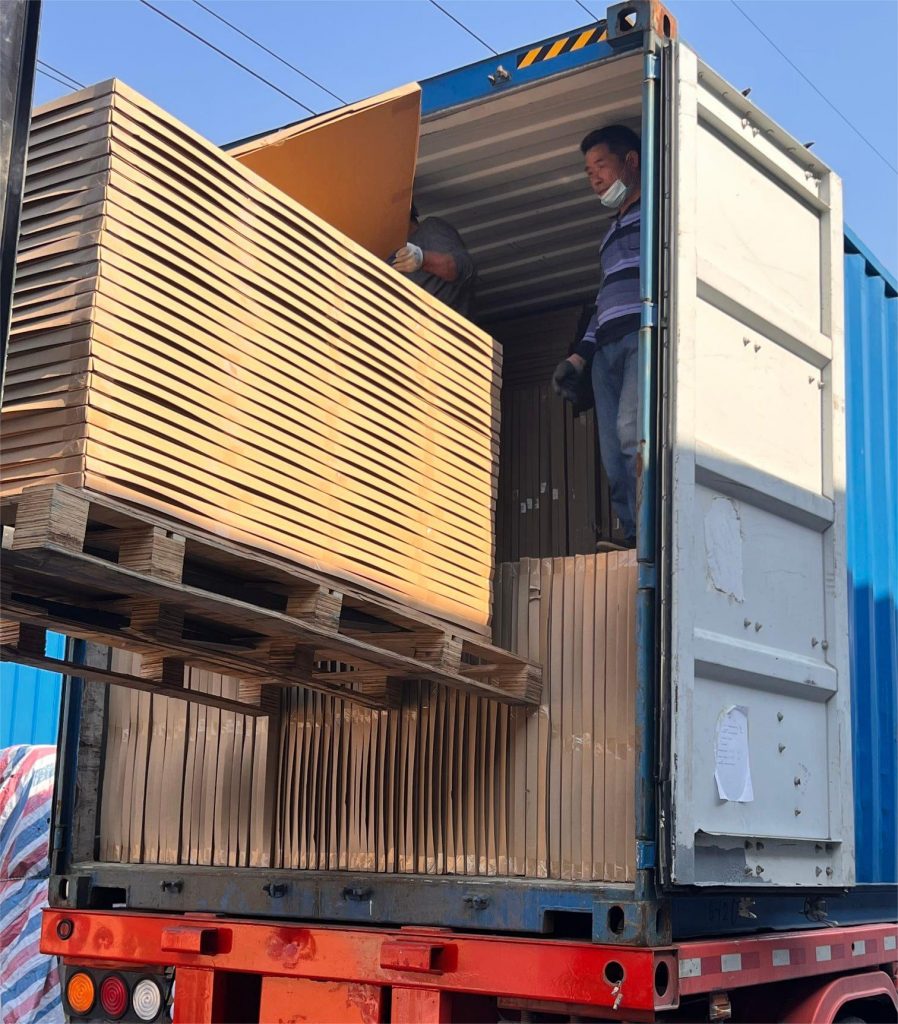
shenzhenbuyit is a company in China that focuses on new energy products. We mainly do: solar inverters, solar panels, solar lithium batteries, charging piles and other complete solar systems. You can contact us for more information!
service calling /what’s app: 008613808405352
